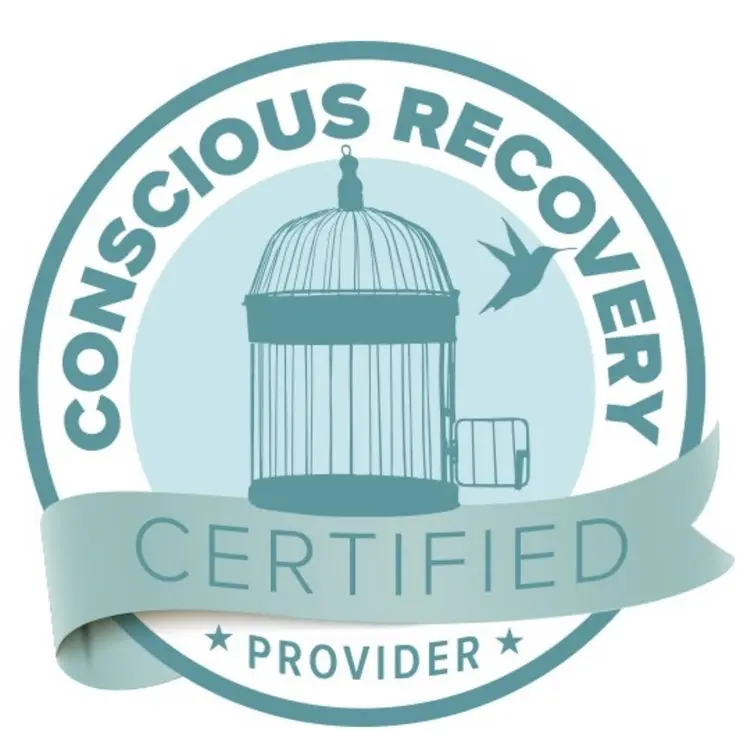Are you or a loved one struggling with depression or chronic suicidal thoughts, feeling like you’ve tried everything, but nothing seems to help? You’re not alone, and there is hope. Traditional treatments like antidepressants and psychotherapy are effective for many, but sometimes, they just don’t work.
For those who haven’t found relief through conventional methods, ketamine therapy offers a promising alternative. Ketamine therapy has shown remarkable success in treating depression and chronic suicidal ideation, especially in cases where other treatments have failed. In this blog post, we’ll explore all things ketamine-related, answering some of the most frequently asked questions about this innovative treatment.
What is Ketamine Therapy?
Ketamine therapy involves the use of ketamine, an anesthetic drug, to treat various mental health conditions, primarily treatment-resistant depression and chronic suicidal ideation. Unlike traditional antidepressants, which typically target serotonin, norepinephrine, and dopamine pathways, ketamine acts on the brain’s glutamate system. This unique mechanism of action allows ketamine to promote new neural connections and restore neural circuitry impaired by chronic stress and depression.
According to a study published in the American Journal of Psychiatry, approximately 70% of patients with treatment-resistant depression experienced significant improvement in symptoms after receiving ketamine therapy. This rapid and robust response highlights the potential of ketamine as a powerful tool in the fight against severe depression.
Benefits of Ketamine Treatment
Ketamine therapy offers a range of benefits for those struggling with treatment-resistant depression and chronic suicidal ideation. By targeting the brain’s glutamate system, ketamine provides a unique and effective approach, especially for those who have not found relief through traditional treatments. Here are some of the most significant benefits of ketamine therapy:
1. Rapid Onset of Action
One of the most meaningful benefits of ketamine therapy is its rapid onset of action. Unlike traditional antidepressants, which can take weeks to show effects, ketamine can begin to improve depressive symptoms within hours or days.
This rapid relief is particularly beneficial for those experiencing severe depression or acute suicidal ideation, offering quick and vital support during times of emergency or intense need.
2. Efficacy in Treatment-Resistant Depression
Ketamine has shown remarkable effectiveness in individuals who have not responded to other forms of treatment.
For those with treatment-resistant depression, ketamine therapy offers a new avenue of hope and relief. This makes it a valuable option for individuals who have exhausted other therapeutic options without success, providing them with a chance to experience significant improvement in their mental health.
3. Reduction in Suicidal Ideation
Ketamine’s ability to reduce suicidal ideation is one of its most crucial benefits. By rapidly alleviating depressive symptoms, ketamine can help decrease the intensity and frequency of suicidal thoughts.
This provides a critical window of stability for further therapeutic interventions, allowing individuals to engage more effectively in additional treatments and support systems designed to address the underlying causes of their suicidal ideation.

Forms of Ketamine Therapy
There are several forms of ketamine therapy available, each with its method of administration and potential benefits.
1. Intravenous (IV) Ketamine Infusions
IV ketamine infusions are the most common and widely studied form of ketamine therapy. During this treatment, individuals receive a controlled dose of ketamine through an IV drip for about 40 minutes. The effects are typically felt within hours, offering rapid relief from depressive symptoms. This method is often administered in a clinical setting under the supervision of a medical professional.
2. Intramuscular (IM) Ketamine Injections
IM ketamine injections involve administering ketamine directly into the muscle. This method also allows for controlled dosing and can provide rapid relief from depression. While not as commonly used as IV infusions, IM injections are a viable option for those who may not have access to IV therapy.
3. Oral Ketamine
Oral ketamine is a liquid or tablet that the patient can take at home. While this method is less invasive, the absorption rate can vary, leading to less predictable results. Due to its lower bioavailability, oral ketamine may be less effective than IV or IM administration..
4. Intranasal Ketamine (Esketamine)
Intranasal ketamine, marketed under the brand name Spravato® (esketamine), involves administering ketamine through a nasal spray. This method has gained FDA approval for the treatment of depression and offers the convenience of self-administration under the guidance of a healthcare provider. Intranasal ketamine provides rapid relief and can be a practical option for those seeking a less invasive form of therapy.

Disorders Ketamine Can Help Treat
While ketamine therapy is primarily known for its effectiveness in treating depression and suicidal ideation, it has also shown promise in addressing various mental health conditions. Here are some of the additional disorders that ketamine therapy can help treat:
1. Depression
Ketamine has proven to be a powerful tool in treating major depressive disorder (MDD), especially in cases where traditional treatments have failed. By targeting the brain’s glutamate system, ketamine promotes synaptic plasticity and helps restore normal brain function. This restoration can lead to significant improvements in mood and overall mental health. Clinical studies have shown that ketamine can rapidly reduce depressive symptoms, often within hours of administration, offering a quick and effective alternative to conventional antidepressants. Learn more.
2. Chronic Suicidal Ideation
Chronic suicidal ideation is a severe and persistent condition that requires immediate and effective intervention. Ketamine therapy offers a rapid response, which is critical in preventing suicide attempts and providing relief from overwhelming suicidal thoughts. By improving mood and reducing depressive symptoms quickly, ketamine can be a lifesaving treatment for those struggling with chronic suicidal ideation.
Research indicates that ketamine can significantly decrease the intensity and frequency of suicidal thoughts, providing a critical window of stability for further therapeutic interventions.
3. Anxiety Disorders
Ketamine can help reduce symptoms of severe anxiety and panic disorders in some situations. By modulating the glutamate system, ketamine helps promote a sense of calm and decrease the heightened state of arousal that characterizes anxiety disorders. This can be particularly beneficial for patients who have not responded well to traditional anxiolytics. Learn more.
4. Obsessive-Compulsive Disorder (OCD)
Some studies suggest that ketamine may help reduce the severity of OCD symptoms. By altering glutamate signaling, ketamine can disrupt the repetitive thought patterns and compulsive behaviors that characterize OCD. Although research in this area is still in the early stages, preliminary results are promising, indicating that ketamine could be a valuable addition to existing OCD treatment protocols.
5. Bipolar Disorder
Ketamine can be beneficial for individuals with bipolar disorder, particularly those experiencing depressive episodes. Traditional mood stabilizers and antidepressants can take weeks to become effective, whereas ketamine’s rapid action can provide quick relief from symptoms of bipolar depression. This can help stabilize mood and improve overall functioning, making it easier for patients to engage in other forms of therapy and maintain a balanced emotional state. Learn more.

How Monima Wellness Center Can Help
At Monima Wellness Center, we understand the challenges of living with depression and chronic suicidal ideation. We are committed to helping our clients access the best possible treatments and partner with top providers in the community to help connect them with the best ketamine therapy in San Diego.
If you or a loved one is struggling with depression or suicidal thoughts, contact Monima Wellness Center today. Let us help you find the path to healing and hope.
Frequently Asked Questions (FAQs)
What Disorders Can Ketamine Be Used to Treat?
Ketamine therapy is primarily used to treat major depressive disorder and chronic suicidal ideation. However, it has also shown promise in treating other mental health conditions, including anxiety disorders, obsessive-compulsive disorder, and bipolar disorder.
What is the Definition of Treatment Resistance?
Treatment resistance is when an individual does not respond adequately to standard treatments. In the context of depression, it typically means that the patient has not achieved satisfactory improvement after trying at least two different antidepressant medications at adequate doses for a sufficient duration.
Could I Experience a “Bad Trip?”
While ketamine is generally safe when administered in a controlled, clinical setting, some patients may experience dissociative effects or a sense of detachment from reality, sometimes referred to as a “bad trip.” These effects are usually temporary and subside shortly after the treatment session. It’s important to discuss any concerns with your healthcare provider before starting ketamine therapy.
How Frequently Do You Receive Ketamine Treatments?
The frequency of ketamine treatments varies depending on the individual’s response and the severity of their condition. Typically, an initial series of treatments involves 1-2 sessions per week for several weeks, followed by less frequent maintenance treatments. Your healthcare provider will tailor the treatment plan to your specific needs.
Are Ketamine Treatments Covered By Insurance?
Insurance coverage for ketamine treatments can vary. While some insurance plans may cover the cost, others might not. You must check with your insurance provider to understand your coverage options and any out-of-pocket expenses you might incur. If you are a current or future client of Monima Wellness and want to know more about ketamine therapy with one of our partners, contact us today at 858-422-1433.
Do I Need to Follow Any Restrictions After Having a Treatment?
After receiving a ketamine treatment, it’s advisable to have someone accompany you home, as you may feel tired or disoriented for a few hours. It’s recommended to avoid driving or operating heavy machinery for at least 24 hours post-treatment. Your healthcare provider will provide specific instructions to ensure your safety and well-being.
How Long Does Ketamine Therapy Last?
The effects of a single ketamine treatment can last from several days to a few weeks. However, many patients require a series of treatments to achieve sustained relief from depression and suicidal ideation. Maintenance treatments may also be necessary to prolong the benefits.
Is Ketamine Addictive When Used For Depression?
While ketamine has the potential for abuse and dependency, the controlled and supervised use of ketamine in a clinical setting significantly minimizes this risk. It is vital to follow your prescribed treatment plan and receive ketamine therapy only under professional supervision.
How Do I Know if Ketamine Therapy is Right for Me?
If you have not responded to traditional treatments for depression or are experiencing chronic suicidal ideation, ketamine therapy may be an option worth exploring. Consulting with a mental health professional, such as our team of experts at Monima Wellness, who is experienced in ketamine therapy, can help determine if this treatment is suitable for your specific needs.
References
1. Newport, D. J., Carpenter, L. L., McDonald, W. M., Potash, J. B., Tohen, M., Nemeroff, C. B., … & The APA Council of Research Task Force on Novel Biomarkers and Treatments. (2015). Ketamine and other NMDA antagonists: Early clinical trials and possible mechanisms in depression. American Journal of Psychiatry, 172(10), 950-966. https://doi.org/10.1176/appi.ajp.2015.15040465
2. Zanos, P., & Gould, T. D. (2018). Mechanisms of ketamine action as an antidepressant. Molecular psychiatry, 23(4), 801–811. https://doi.org/10.1038/mp.2017.255
3. Rosenbaum SB, Gupta V, Patel P, et al. Ketamine. [Updated 2024 Jan 30]. In: StatPearls [Internet]. Treasure Island (FL): StatPearls Publishing; 2024 Jan-. Available from: https://www.ncbi.nlm.nih.gov/books/NBK470357/
4. Chilukuri, H., Reddy, N. P., Pathapati, R. M., Manu, A. N., Jollu, S., & Shaik, A. B. (2014). Acute antidepressant effects of intramuscular versus intravenous ketamine. Indian journal of psychological medicine, 36(1), 71–76. https://doi.org/10.4103/0253-7176.127258
5. Gao, M., Rejaei, D., & Liu, H. (2016). Ketamine use in current clinical practice. Acta pharmacologica Sinica, 37(7), 865–872. https://doi.org/10.1038/aps.2016.5
6. BMJ. (2022). Ketamine for the acute treatment of severe suicidal ideation: Double blind, randomised placebo controlled trial. BMJ, 376, e067194. https://doi.org/10.1136/bmj-2021-067194
7. Tully, J. L., Dahlén, A. D., Haggarty, C. J., Schiöth, H. B., & Brooks, S. (2022). Ketamine treatment for refractory anxiety: A systematic review. British journal of clinical pharmacology, 88(10), 4412–4426. https://doi.org/10.1111/bcp.15374
8. Bennett, R., Yavorsky, C., & Bravo, G. (2022). Ketamine for Bipolar Depression: Biochemical, Psychotherapeutic, and Psychedelic Approaches. Frontiers in psychiatry, 13, 867484. https://doi.org/10.3389/fpsyt.2022.867484
9. Bandeira, I. D., Lins-Silva, D. H., Cavenaghi, V. B., Dorea-Bandeira, I., Faria-Guimarães, D., Barouh, J. L., Jesus-Nunes, A. P., Beanes, G., Souza, L. S., Leal, G. C., Sanacora, G., Miguel, E. C., Sampaio, A. S., & Quarantini, L. C. (2022). Ketamine in the Treatment of Obsessive-Compulsive Disorder: A Systematic Review. Harvard review of psychiatry, 30(2), 135–145. https://doi.org/10.1097/HRP.0000000000000330


